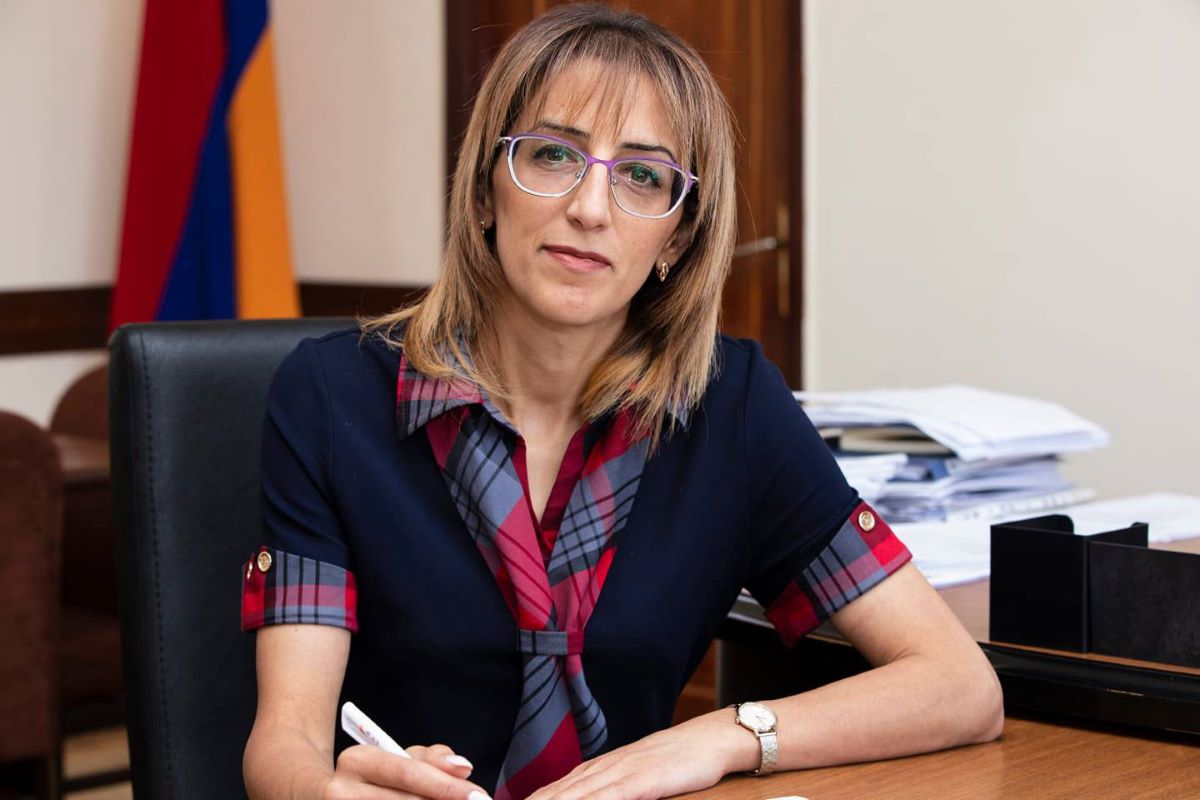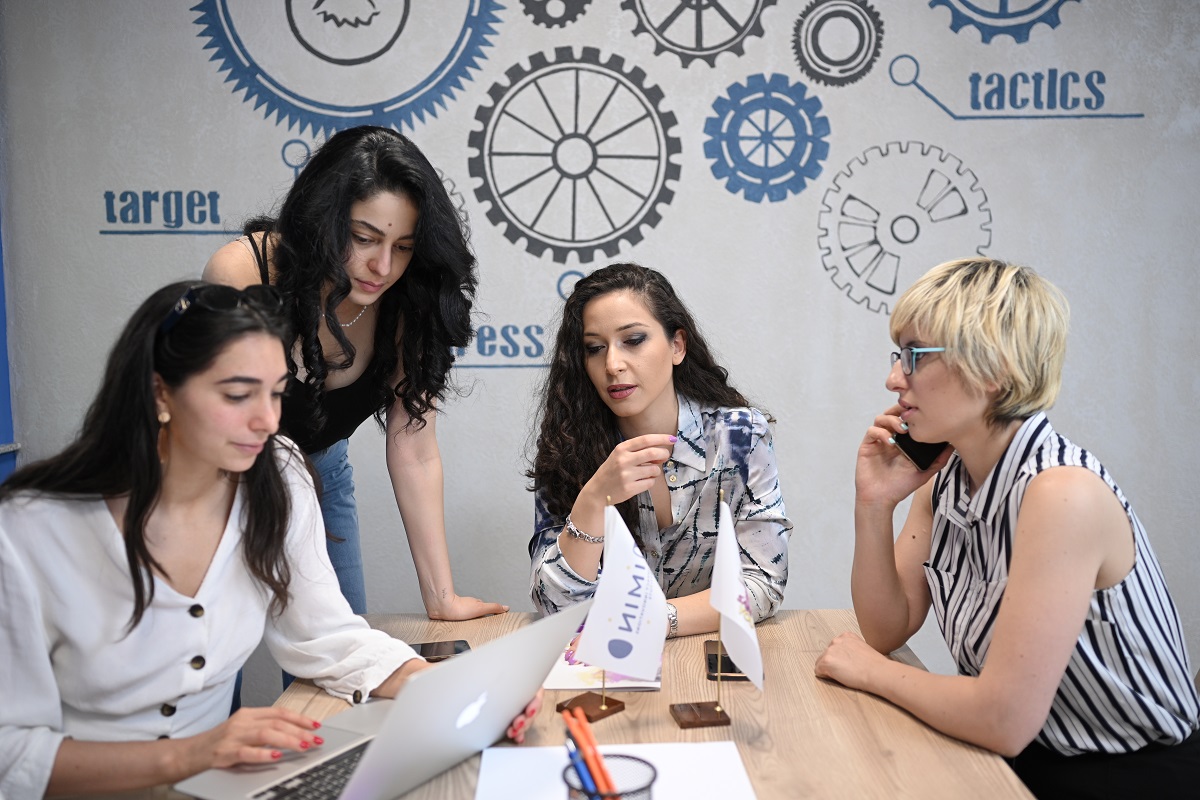Armenian women trained to become political leaders: About the "Katarine" program
Katarine program in Armenia
Since 2020, the National Democratic Institute (NDI), funded by the U.S. Agency for International Development (USAID), has been implementing a women’s political leadership program in Armenia called “Katarine.” Between 2020 and 2023, the program trained and graduated 140 women. The program will now continue in Yerevan and three regions—Syunik, Shirak, and Lori—through grant projects carried out by regional networks of alumni.
An official ceremony to launch the Lori region’s regional network took place in Vanadzor. Graduates were congratulated by Armenian parliament members, local government representatives, and international organizations.
“The ‘Katharine’ program allowed women from different regions to come together, regardless of their political views and approaches. They united around the project’s main idea—to enhance women’s political and leadership skills,” said one of the program’s graduates, Gayane Markosyan, to JAMnews.
- Equality day: 52% of Armenian women unemployed, never intended to work
- Will new quotas ensure better female representation in Armenia’s municipal governments?
- How victims of domestic abuse in Yerevan receive help, revealed through personal stories
“Political education is useful in any job”
Gayane Markosyan is a journalist with over 17 years of experience. However, after the Velvet Revolution in 2018, she left journalism and worked in local government until 2021. Initially, she served as an assistant to the governor of Lori, and later as his deputy.

“It always felt like government officials lacked political education”
“We often made decisions based on intuition. We relied on our experience and principles, but these decisions frequently lacked a political perspective,” she says.
Over the past three years, 12 graduates from the Lori region have completed the “Katarine” program. Gayane Markosyan is one of them. She believes that this program was a valuable opportunity for Armenian women and girls to gain political education and leadership skills. She is confident that it will help them navigate the challenging path of a political career.
Gayane participated in the program from 2022 to 2023. The year-long course was conducted in Armenia, but participants also had the chance to engage with organizers of political and electoral campaigns, public relations specialists, and political concept developers from the USA, the UK, and Canada through remote sessions.
Since 2021, Gayane Markosyan has returned to journalism from politics, but she is certain that the education she received will be highly beneficial.
“We plan to make the program permanent”
Following the completion of the three-year program, the next phase has begun: establishing alumni networks in the regions. These networks have been created in regions whose grant projects were selected as winners and received financial support.
“We, the graduates from all three years, have united around the idea of developing women’s political leadership skills in the regions. We aim to assist women who see themselves in politics, helping them feel more confident in active political roles. We will involve them in various political and leadership processes,” explains Gayane Markosyan.
The Lori regional network began operating in June this year. According to Markosyan, the program’s graduates have already held remote meetings and discussions with women in the region on topics such as leadership, participation in elections, and effective communication with voters.
She is confident that the project will provide women with new skills and encourage them to participate more actively in various processes, both at the community level and across the region and the country as a whole.
The network was established based on a grant program and covers three major cities in the region—Vanadzor, Spitak, and Stepanavan.
Funding for the project will end in October, but the graduates of “Katarine” hope to ensure its continuity.
“Both Lori and our country need active and knowledgeable women, women leaders,” says Gayane Markosyan.




















